Happy New Year! It’s been over two years that I have been given the opportunity to become a regular contributor to Causeartist, and as we are commencing 2020, I wanted to reflect on the social enterprises, nonprofits, socially and environmentally conscious ventures whose stories I have had the pleasure to tell during this period.
This is by no means an exhaustive list of all the change-makers I was able to connect with, and I am extremely thankful to each and all of the inspiring individuals I have encountered whilst leading Causeartist’s Asia coverage.
I look forward to continuing my journey in embracing social entrepreneurship and sustainability in 2020, and if you have an organization or individual to recommend for me to feature in the New Year, please let me know.
Tackling plastic pollution
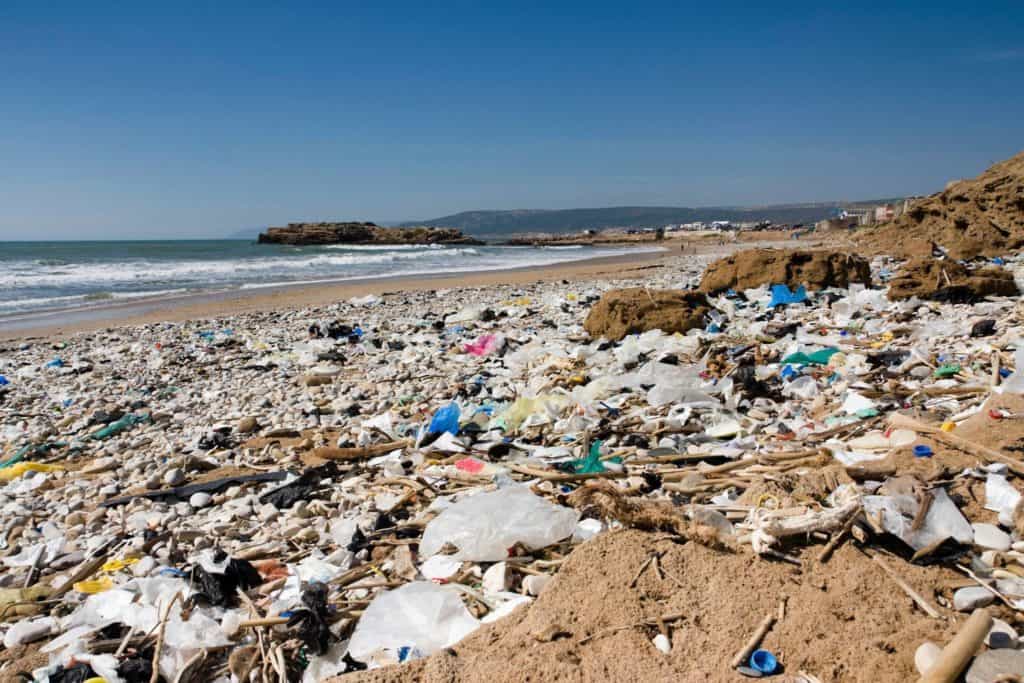
Roughly 8 million tons of plastic is dumped into the oceans every year – that’s a garbage truck of plastic entering into our waters every minute. Unless humanity cleans up its act, by 2050, there will be more plastic than fish in our seas.
To counter these ominous predictions, social enterprises around Asia made it their mission to combat plastic pollution:
Avani produces eco-friendly packaging from cassava, a tropical root that biodegrades in a matter of months in contrast to plastic, which takes years to decompose, and dissolves almost instantaneously when placed in hot water. They also sell bio-ponchos, made out of corn, soy and sunflower seeds, and bio-boxes made out of bagasse, a dry residue left from the extraction of sugar cane juice.
Evoware partners with local seaweed farmers to help them produce higher quality seaweed, which is used to make seaweed-based edible cups, food wraps and sachets. Ello Jello tastes like jelly, is free from chemicals, can easily dissolve without harming the environment, and has a two-year shelf life without the use of preservatives.
In the absence of a responsible waste management ecosystem in countries like Indonesia or the Philippines, the Plastic Bank offers a blockchain-powered app to help scavengers recycle and monetize plastic waste. They build recycling infrastructure and offer financial incentives for people to collect and return plastic trash in exchange for money or credit towards life essentials such as cooking fuel, medical insurance, electricity, mobile and Internet subscriptions or school tuition.
Bye Bye Plastic Bags started a youth movement against plastic pollution, and played a critical role in the advocacy efforts which led to the enactment of Bali’s first plastic bag ban.
EcoAd teaches underprivileged women in India – who often had not held a salaried job prior – to create eco-friendly alternatives to plastic bags and packaging from newspaper waste and other paper scraps.
Championing sustainable agriculture
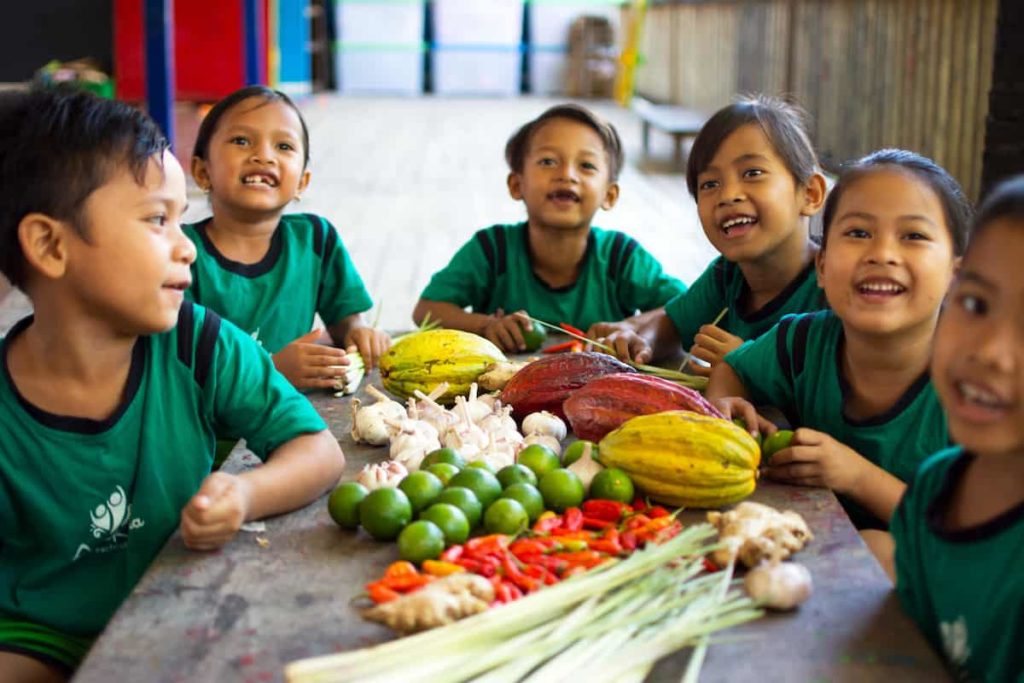
I have had the privilege to interview a number of social ventures who aim to create more social and environmental awareness around our food and drinks consumption by empowering local communities to pursue sustainable farming practices:
East Bali Cashews trains cashew farmers to improve their livelihood by creating an integrated cashew processing business instead of just exporting raw nuts, and by diversifying to other produce such as rosella or bee-keeping.
Following circular economy principles, farmers are taught how to repurpose the empty cashew shells as biofuel, the residual biochar as a carbon-rich fertilizer and the purified waste water for gardening.
Jasberry Rice works with farmers in Northeastern Thailand to produce healthy food products using organic farming practices. They provide farmers with high-quality Jasberry seeds, and train them to harvest by hand to mitigate their environmental footprint.
The social enterprise requires 25% of the yield to stay in the farmers’ households to encourage healthy eating habits, and guarantees payment for the remaining produce at twice the price of what they would usually receive for conventional jasmine rice.
Java Mountain Coffee produces biodegradable coffee capsules, and reinvests its proceeds to create women-only coffee cooperatives and fairer market conditions for female farmers.
Farmer-to-table craft chocolate maker Krakakoa produces artisanal chocolate from 100% Indonesian cocoa beans, bought from the smallholder farmers they train on sustainable farming, with a premium paid on top of the fair trade minimum price.
Some of the eco-friendly hacks taught by the social enterprise include making organic compost from animal waste and tree cuttings, or producing liquid fertilizer from the residues of the fermentation process.
Muntigunung Community Social Enterprise teaches impoverished villagers in the Northeastern part of Bali who used to beg in tourist hotspots, to instead earn their livelihood by using sustainable farming methods to grow rosella tea, cashew nut, palm sugar and moringa. The social venture also undertook extensive reforestation and replanting efforts to address the devastation caused by landslides in the area.
Pioneering sustainable and ethical fashion
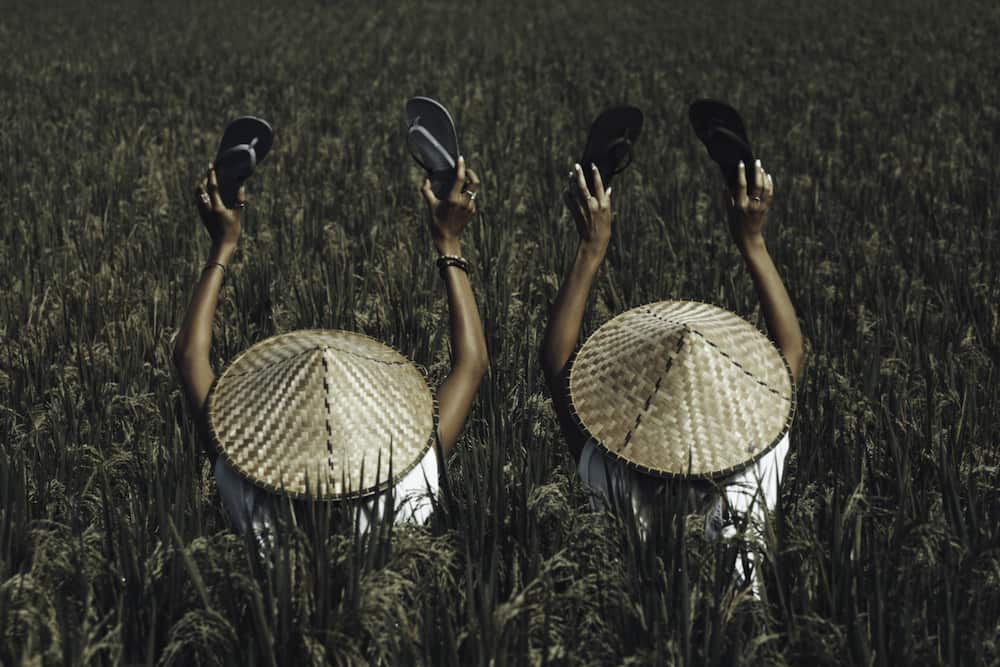
The fashion industry is the biggest polluter after oil, as overproduction and -consumption run rampant with the rise of fast fashion. An increasingly saturated market had also prompted a race to the bottom, with companies looking for ever-cheaper sources of labor, often at the expense of ethical and safe manufacturing practices.
As the pressure mounts on the apparel industry to become more transparent and sustainable, we are also witnessing the rise of social enterprises who create clothes, footwear or accessories made out of ucpcyled and waste materials, and who leverage fashion as a means to empower vulnerable communities:
B Corp Indosole employs local artisans in Indonesia to create footwear from discarded tires which would otherwise take thousands of years to decompose, and often become a breeding ground for diseases and a source of toxic pollution and fire hazard.
Topiku makes SoCal streetwear – inspired hats from textile offcuts, leather scraps and HDPE plastics typically found in buckets, working with craftsmen in Indonesia directly – instead of intermediaries – to ensure ethical working conditions.
S.Cafe produces upcycled clothes from residual coffee grounds and recycled PET bottles. Besides being an environmentally friendly alternative to water-intensive cotton, the coffee-laced materials also have odor control properties, are quick-drying and UV proof.
Greensole refurbishes discarded trainers into slippers for underprivileged children in India who often miss school or contract diseases because of unprotected feet.
Sowing Room supports the rehabilitation of victims of domestic abuse and trafficking through arts and crafts. They teach underprivileged women in Singapore to sew lifestyle and household accessories using upcycled fabrics, including off-cuts, textile scraps and sample swatches of designer fabrics donated by textile merchants.
Malaysian fashion label Frankitas is known for its use of eco-friendly traditional textiles from East and Central Asia, such as batik, ikat, songket and rangrang, which are purchased at fair trade prices from local weavers. Ikat is one of the most environmentally friendly fabric, because it’s hand-made with natural, plant-based dyes and hand-woven using wooden looms instead of relying on heavy machinery and chemicals.
Empowering vulnerable communities
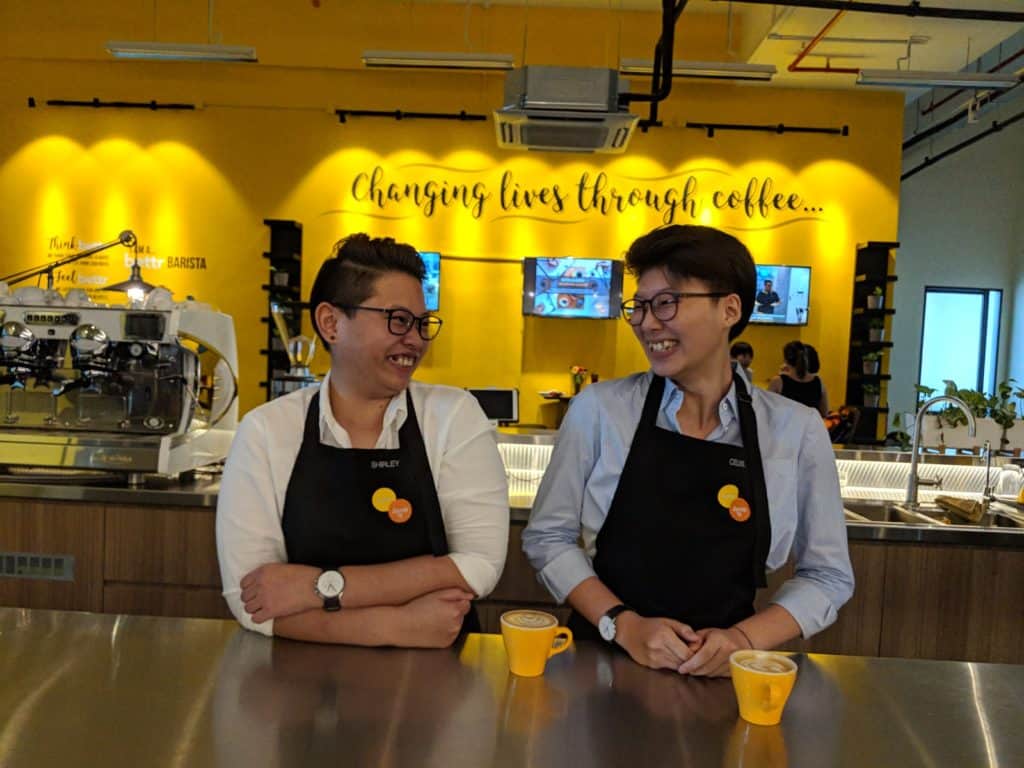
Maintaining stable employment is often the biggest source of struggle for people of disadvantaged backgrounds, whilst being key for them to (re)integrate into society and provide for their families:
Dignity Kitchen trains and employs individuals with mental and physical disabilities to work in the world’s first social enterprise food court. The social venture offers bespoke cashier training to the hearing- and visually-impaired, provides height-adjusted countertops for wheelchair-bound employees, and uses a noodle blanching machine designed for cerebral palsy patients.
B Corp Bettr Barista reinvests the profits earned from its coffee certification classes, in-house roastery, mobile brew bars and retail coffee business to train marginalized women and at-risk youth as baristas. They use sustainably sourced beans, power their operations with solar energy, and work towards integrating other vulnerable groups into their training program, including the elderly and people with disabilities.
Hush Teabar employs hearing-impaired and differently abled individuals to hold silent tea workshops as part of corporate team-building and CSR activities. Besides offering work to people who would have otherwise struggled to find employment, participants praise the tea rituals as an effective antidote to mental health issues experienced at the workplace.
Eco Eclectic Technology creates bricks from paper waste to build houses and toilets across India, a country where 40% of the population still defecates in the open. P-blocks are pest-, fire-and earthquake-resistant, water-absorbent, cheaper and less energy-intensive to produce. The social enterprise also employs underprivileged women to make eco-friendly décor such as lamps and clocks out of textile and paper waste.
Promoting period-positive classrooms & plastic-free periods
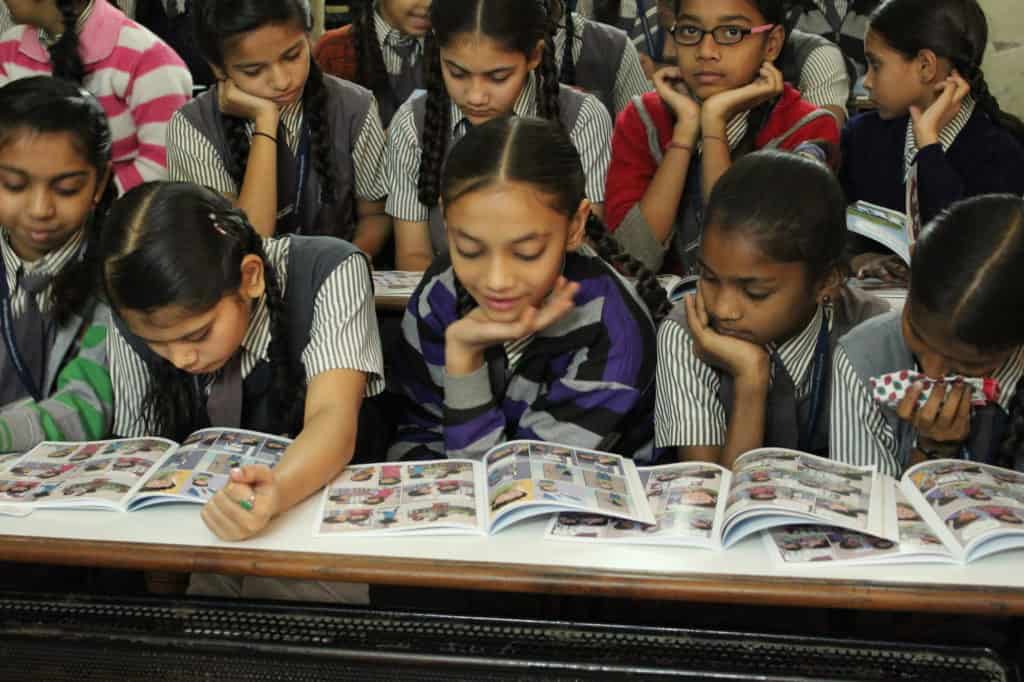
Period poverty is one of today’s most challenging developmental issues. Poor sanitation practices in many developing countries are often exacerbated by a plethora of superstitions and stigmas associated with periods, with devastating repercussions for the health and education of women and girls.
As our monthly cycle continues to be a topic avoided and censored around the world, social venture Menstrupedia aspires to create more period-positive classrooms and households through the medium of comic books.
Aruchalam Muruganantham, dubbed as India’s Menstural Man, created a low-cost, eco-friendly pad machine using wood pulp through non-chemical methods in a country where 88% of women and girls use unsafe materials when they menstruate, including newspapers, rags, socks, dried leaves and sawdust.
Besides the human cost of period-related cultural taboos, the adverse environmental impact of the multi-billion dollar disposable hygiene industry is equally appalling. Sanitary pads can contain up to four bags worth of plastic and may take hundreds of years to degrade, especially if wrapped in plastic packaging.
Freedom Cups promotes the use of menstrual cups, a female hygiene product made out of medical-grade silicone – a more environmentally friendly, toxin-free and economical alternative to conventional sanitary products. It also offers an extra bonus to the socially conscious consumer: For every purchase, a cup will be given free of charge to a girl in a developing country.









